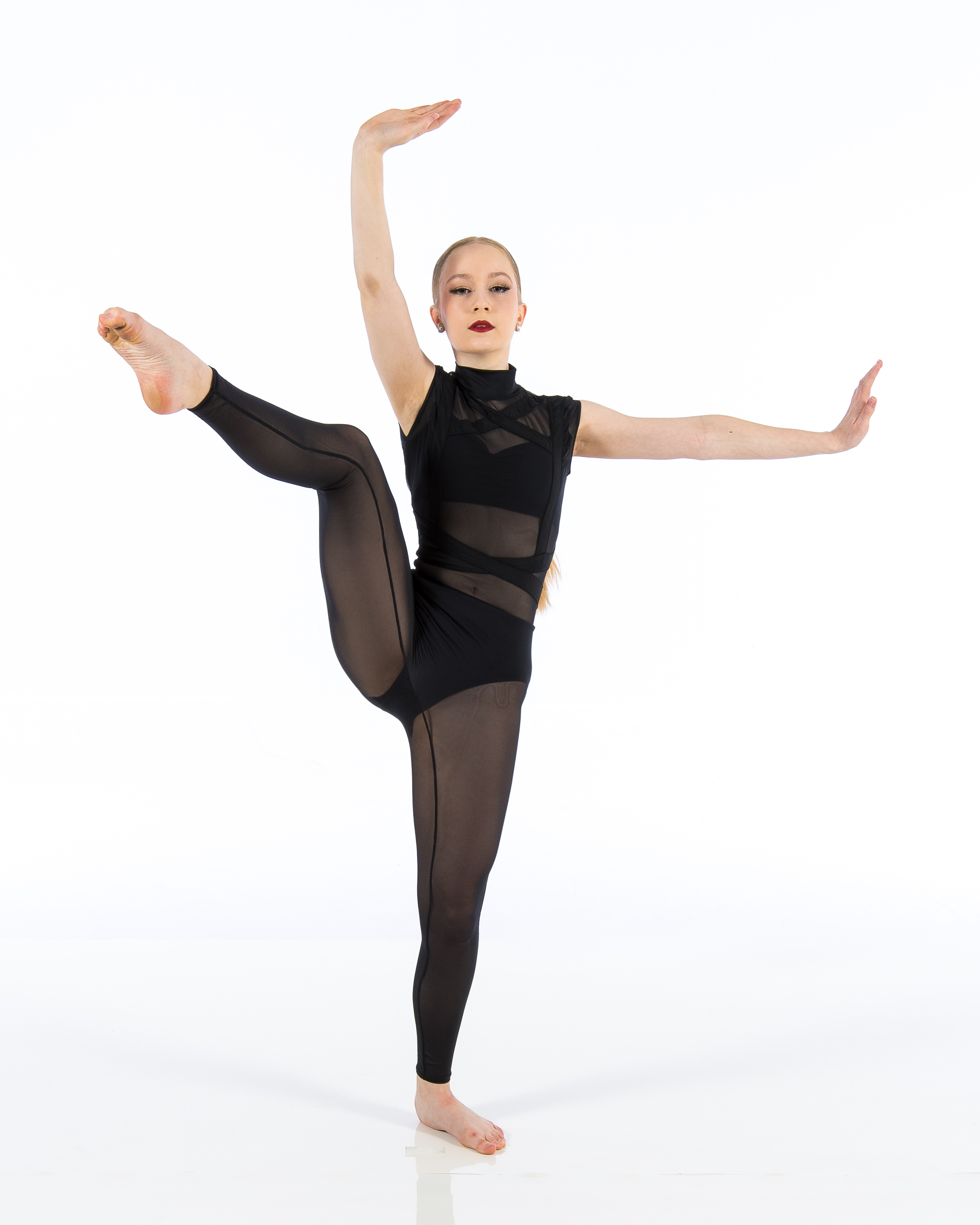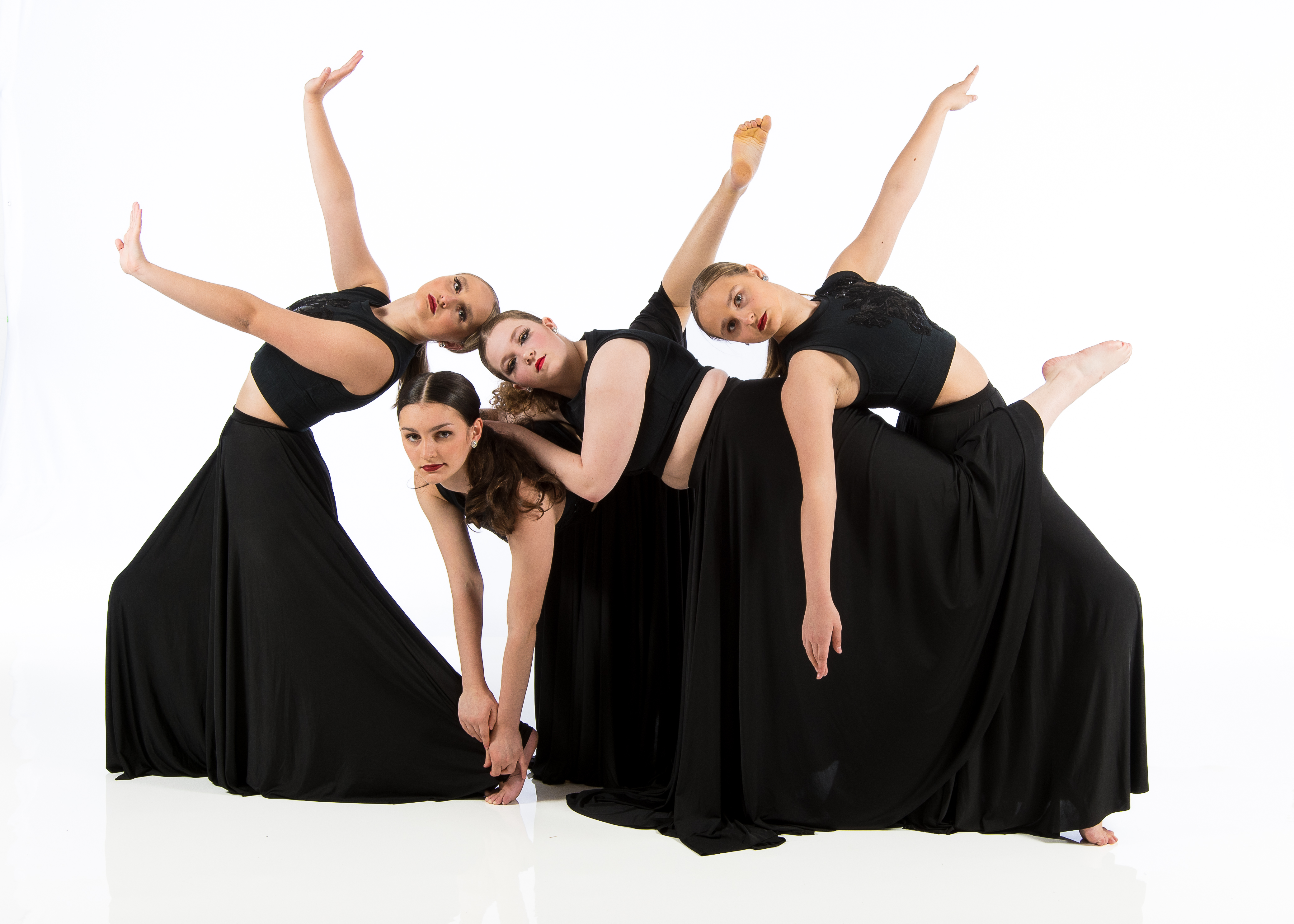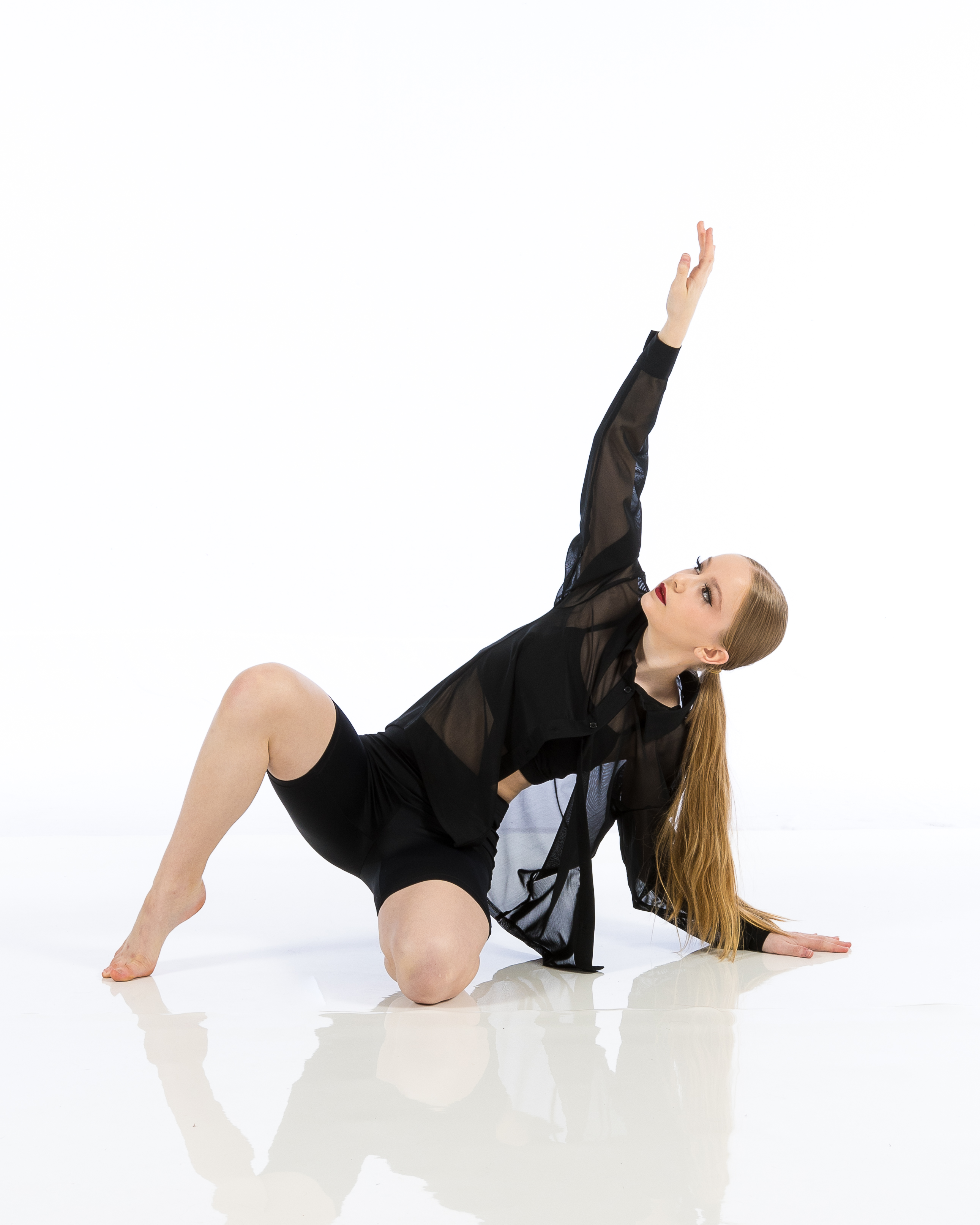Introduction
Stepping into a dance studio for the first time is a thrilling experience, one that can stir a cocktail of feelings-- exhilaration, uneasiness, expectancy. Whether you're an experienced professional dancer or simply beginning your trip, understanding the nuances of dance studio decorum can elevate your experience and improve your relationships with instructors and fellow professional dancers alike. In this thorough overview, we'll dive deep right into Mastering Dance Studio Etiquette: Necessary Tips for Beginners and Pros Alike
From standard regulations to advanced considerations, this write-up will cover whatever you need to learn about navigating the dynamic world of dance workshops. So tighten those shoelaces and let's get started!
The Value of Dance Studio Etiquette
Why Rules Issues in Dancing Studios?
In any type of imaginative setting, decorum plays a critical role in preserving harmony and respect amongst individuals. Dance studios are no exception. Good etiquette cultivates a favorable ambience where creative thinking can flourish.
- Respect: Being considerate in the direction of instructors and fellow dancers constructs mutual respect. Focus: Proper behavior lessens interruptions, permitting everybody to focus on learning. Community: Etiquette aids produce an encouraging community that urges development and camaraderie.
Common False impressions About Dance Studio Etiquette
Many newbies hold mistaken beliefs about what constitutes ideal behavior in dance studios. Let's expose some misconceptions:
- Myth 1: "Just advanced professional dancers need to comply with rules." Fact: Etiquette is crucial for all levels; it reflects professionalism. Myth 2: "Teachers are also strict concerning guidelines." Fact: Instructors implement policies to preserve order and respect.
Basic Dance Studio Decorum for Beginners
Dress Code: What to Wear?
First perceptions matter! The appropriate attire not only mirrors your dedication yet also boosts your performance. Here's exactly how to clothe suitably:
- Comfort: Choose clothing that permit free movement. Footwear: Invest in good-quality footwear suited to your dancing style.
|Dancing Design|Suggested Attire|| -------------|-------------------------|| Ballet|Leotard, tights, ballet slippers|| Hip-Hop|Baggy apparel, tennis shoes|| Faucet|Comfy clothes, tap footwear|
Arriving on Time: Punctuality is Key!
Being late can interrupt the whole class. Aim to arrive at the very least 10 mins early to:
- Warm up. Settle in mentally.
Tip: If you're running late because of unexpected scenarios, inform the trainer beforehand.
Quiet Zone: Maintaining Silence Before Class
Dance workshops flourish on focus. Maintain conversations to a minimum before course begins to ensure everyone can prepare mentally.
Intermediate Dance Studio Etiquette: Building Relationships
Respecting Individual Room in Class
Every dancer deserves their space during practice sessions. Avoid crowding others while exercising relocations or routines.
Why It Matters: Appreciating personal room advertises comfort and promotes far better discovering experiences.


Listening Proactively Throughout Instructions
When a trainer is speaking, it's essential to focus. Energetic paying attention shows regard and assists you comprehend vital concepts.
How To Program Energetic Listening:
Maintain eye call with the instructor. Nod when appropriate. Ask making clear inquiries if needed.Advanced Dance Studio Decorum: Elevating Your Experience
Providing Positive Feedback Wisely
As you grow much more skilled, sharing comments becomes part of the culture. Nevertheless, method this delicately:
Focus on particular movements rather than basic critique. Offer pointers only if gotten by peers.
Encouraging Others: Building Community Spirit
Support your fellow professional dancers through motivation:
- Compliment their initiatives genuinely. Celebrate their accomplishments openly.
Mastering Dance Studio Rules: Crucial Tips for Beginners and Pros Alike-- The Trainers' Perspective
Understanding Trainer Expectations
Instructors normally have details expectations regarding behavior in class. Familiarizing on your own with these can considerably boost your knowing experience:
Listen diligently when they speak. Follow instructions precisely. Give your best shot during every session.Building Relationship with Your Instructor
Establishing an excellent connection with teachers can be valuable for your growth as a professional dancer:
- Ask concerns associated with choreography or strategy after class. Thank them for their guidance post-class; gratitude goes a lengthy way!
Handling Dispute Gracefully in the Dance Studio Environment
Dealing with Disagreements Amongst Peers
Conflicts may occur within any type of group setting; knowing just how to handle them gracefully is vital:
Approach the person independently without intensifying tension. Use "I" statements as opposed to "you" declarations (e.g., "I really felt ignored when ...").Addressing Problems with Teachers Professionally
If you have problems pertaining to guideline or class characteristics:
Request a personal meeting after class hours. Express your sensations constructively concentrating on options rather than complaints.The Function of Non-Verbal Communication in Dancing Studios
Understanding Body Language Signals
Dance inherently includes non-verbal interaction; recognizing just how body language functions in this context is crucial:
Positive body language (e.g., open pose) cultivates connection. Negative signals (crossed arms) might share defensiveness or disengagement.Using Eye Contact Effectively Throughout Classes
Maintaining eye contact with trainers conveys attentiveness while also aiding develop rapport amongst peers during team performances!
FAQs
Q1: What should I wear for my initial dancing class?
A1: Choose comfortable clothing that enables complimentary motion-- yoga trousers or leggings coupled with an equipped top jobs well!
Q2: Is it fine to miss courses occasionally?
A2: Life happens! Notify your instructor beforehand if possible; they'll appreciate your consideration.
Q3: Exactly how do I manage sensation shy around other dancers?
A3: Beginning tiny-- introduce on your Dance Classes own one-on-one prior to expanding interactions gradually as experience grows!
Q4: Can I bring pals along to observe classes?
A4: Many studios like prior arrangements; talk to administration initially so they recognize extra attendees!

Q5: Suppose I differ with a teacher's feedback?
A5: Approach them respectfully post-class; express feelings using "I" declarations focusing on useful discussion instead of confrontation!
Q6: Need to I participate in efficiencies even if I'm new?
A6: Definitely! Getting involved increases confidence-- speak up pertaining to any kind of doubts so holiday accommodations can be made accordingly!
Conclusion
Mastering dance studio decorum isn't almost following regulations; it has to do with cultivating an enriching atmosphere where every person really feels valued and inspired-- whether you're simply beginning or fine-tuning sophisticated techniques as an experienced pro! By adhering carefully to these vital pointers outlined right here under Mastering Dance Studio Rules: Crucial Tips for Beginners and Pros Alike, not just will you enhance your very own experience but likewise contribute positively in the direction of nurturing an inviting area within each dance studio you elegance with your visibility! So take these understandings forward right into every workshop room you enter-- and let the rhythm carry you towards excellence!